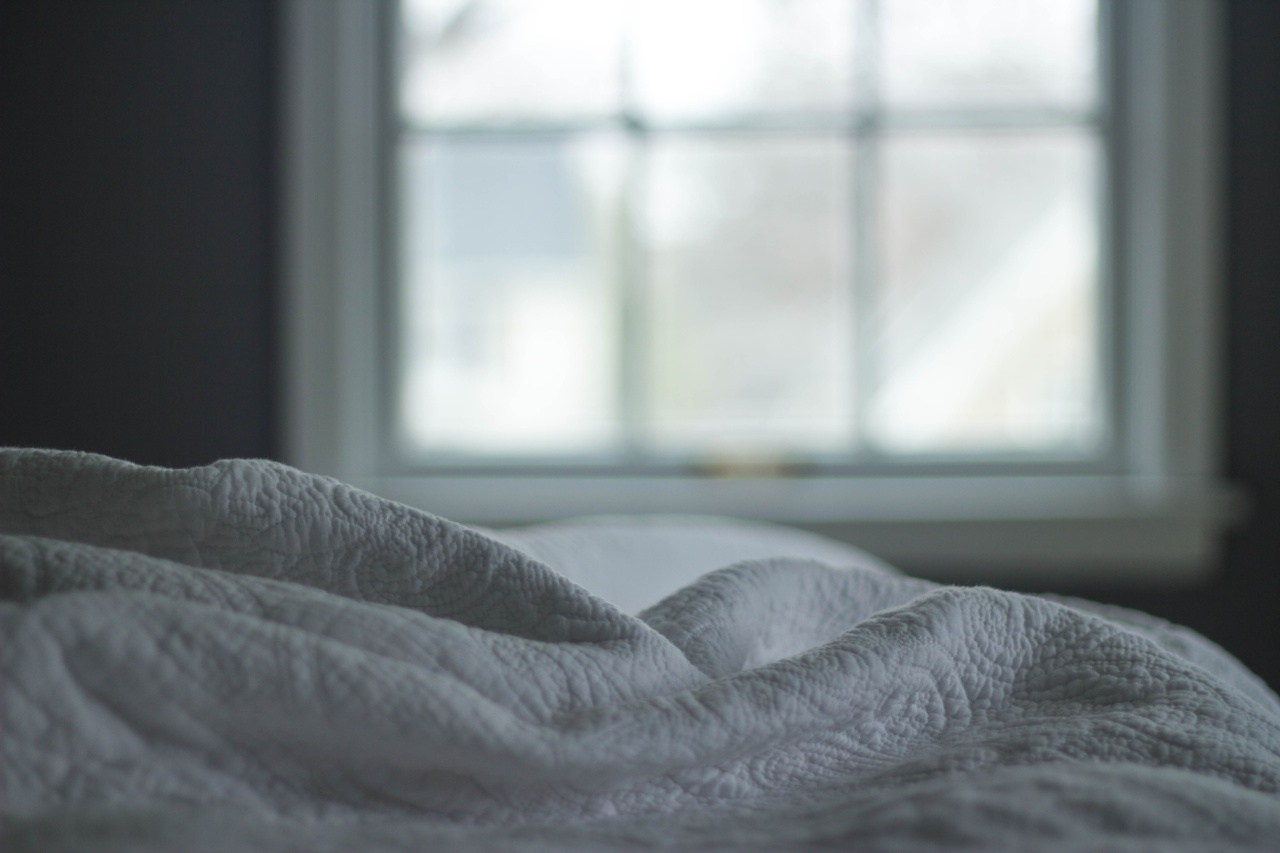Getting a good night’s sleep is crucial for overall health and well-being. Adequate sleep has been linked to improved cognitive function, including memory, attention, problem-solving, and creativity.
On the other hand, sleep deprivation can have detrimental effects on cognitive abilities, leading to impaired decision-making, reduced alertness, and memory lapses.
The Science behind Sleep Patterns
Human sleep patterns are regulated by the circadian rhythm, an internal biological clock that determines our sleep-wake cycle. This circadian rhythm is influenced by various factors, including light exposure, genetics, and individual preferences.
The Concept of Morning and Night People
Most individuals have a natural inclination towards being a “morning person” or a “night owl.” Morning people, also known as early birds, tend to wake up early in the morning, feel most productive during the first half of the day, and experience fatigue earlier in the evening. Night owls, on the other hand, have a preference for staying up late, feel more alert and productive later in the day, and often struggle with waking up early in the morning.
Morning vs. Night: Intelligence Connection
There has been ongoing debate concerning whether morning or night people have any inherent intellectual advantage over the other. Studies have explored this topic, investigating the relationship between sleep patterns and intelligence.
Let’s delve into the findings:.
The Case for Morning Intelligence
Some research suggests that morning people might have the upper hand when it comes to cognitive abilities.
Several studies have found a positive correlation between being an early bird and higher academic performance, job success, and overall intelligence. Morning individuals are often seen as more proactive, motivated, and conscientious, which could contribute to their intellectual achievements.
The Case for Night Intelligence
Contrary to the previous viewpoint, other studies propose that night owls may possess unique intellectual advantages.
One study conducted at the University of Madrid discovered that individuals who identified as evening types scored higher on measures of inductive reasoning, general knowledge, and originality in thinking. It’s believed that the nocturnal nature of night owls helps foster creativity and enhances problem-solving skills.
The Influence of Genetics
While the debate between morning and night intelligence continues, it’s essential to consider the role of genetics in sleep patterns and cognitive abilities.
A person’s chronotype, or preferred sleep-wake cycle, is partially influenced by genetic factors. Some researchers argue that intelligence itself may be genetically associated with certain sleep preferences. However, more research is needed to establish a definitive link between genetics, intelligence, and sleep patterns.
The Impact of Sleep Quality
Intelligence and sleep patterns are also closely intertwined in terms of sleep quality. Regardless of whether someone is a morning person or a night owl, sufficient and high-quality sleep is critical for optimal cognitive performance.
Sleep deprivation, regardless of chronotype, impairs attention, working memory, and logical reasoning. Therefore, focusing on improving the quality and quantity of sleep is crucial for maintaining cognitive function, regardless of one’s preferred sleep schedule.
Individual Differences and Personal Productivity
It’s important to recognize that the connection between intelligence and sleep patterns is not a one-size-fits-all situation.
Each individual is unique, and factors such as lifestyle, personal preferences, and environmental circumstances can significantly influence cognitive abilities and productivity throughout the day. Some people may be more alert and focused in the morning, while others may experience peaks in intellectual performance during the evening.
Understanding one’s own sleep patterns and tailoring daily activities accordingly can maximize productivity and intellectual potential.
Synchronizing Sleep and Performance
While there may be variations in individual sleep patterns and time preferences, it’s vital to synchronize sleep with daily activities to optimize intellectual performance.
Establishing a consistent sleep routine, creating a sleep-friendly environment, and prioritizing sleep hygiene practices can significantly impact cognitive abilities, regardless of whether one identifies as a morning person or a night owl.
Conclusion
The connection between intelligence and sleep patterns is a complex and multifaceted topic.
While some studies suggest a correlation between being a morning person and higher intellectual achievements, others propose that night owls may possess distinct cognitive advantages. It’s important to recognize that individual differences, genetics, and sleep quality also play significant roles in cognitive function.
Ultimately, understanding and prioritizing one’s own sleep needs, regardless of time preference, is crucial for maintaining overall well-being and intellectual potential.






























